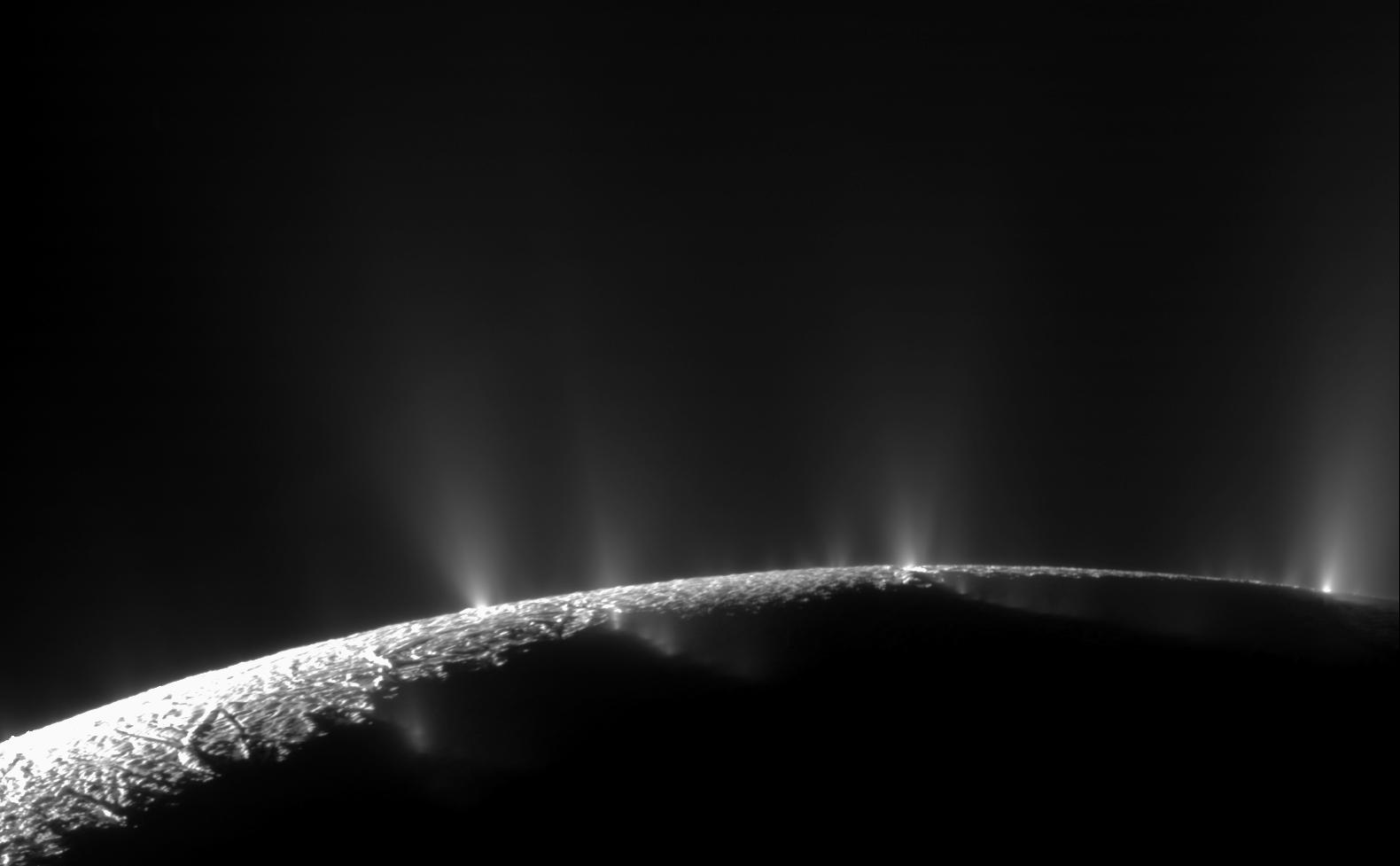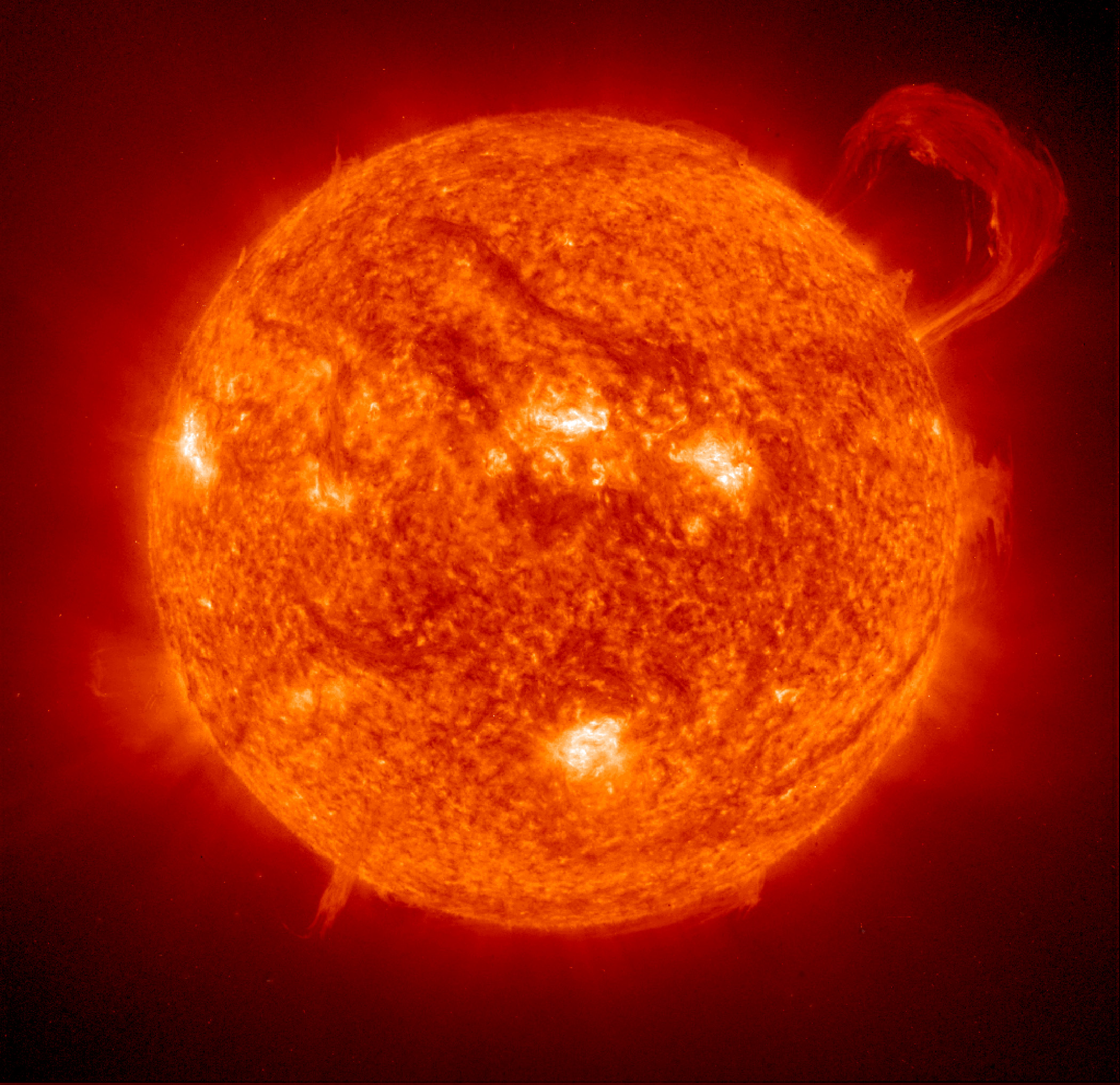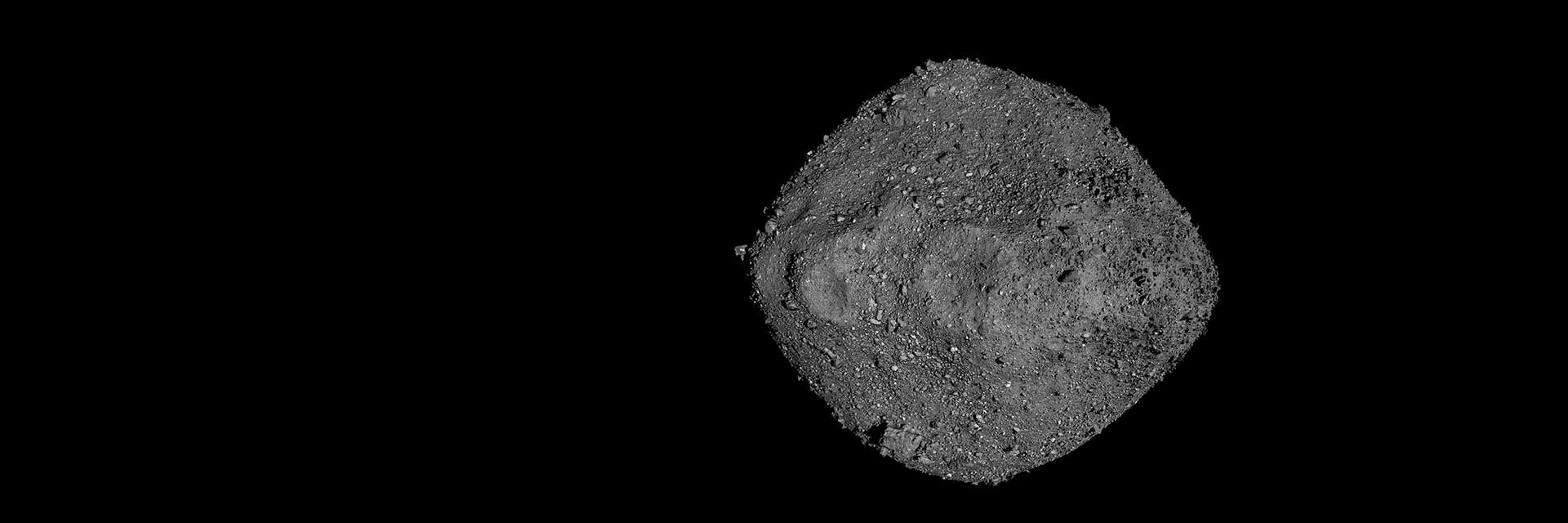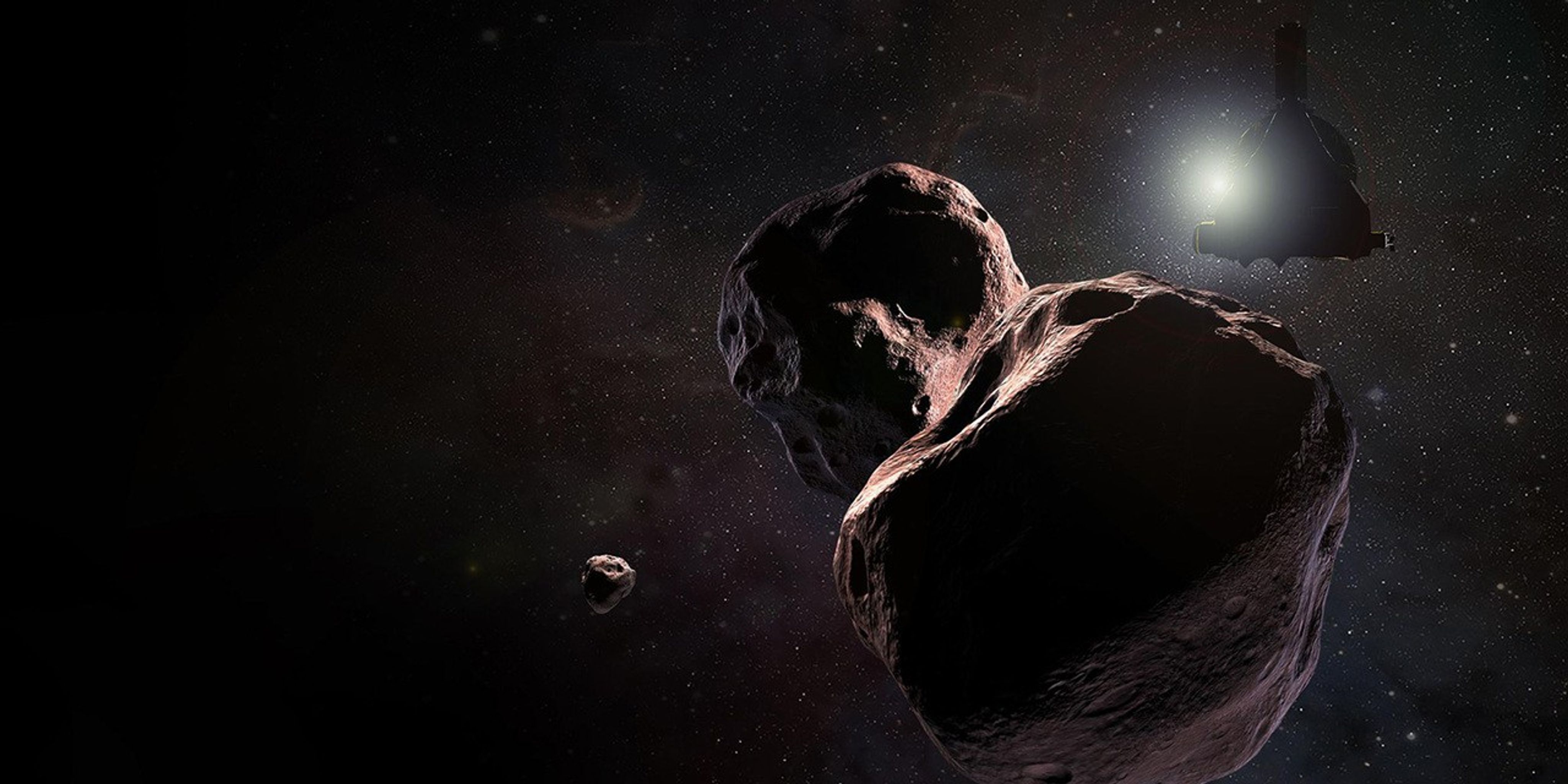5 min read
The most recent spacecraft telemetry was acquired on Feb. 3 from the Deep Space Network tracking complex at Goldstone, California. The Cassini spacecraft is in an excellent state of health. Information on the present position and speed of the Cassini spacecraft may be found on the "Present Position" page at: http://saturn.jpl.nasa.gov/operations/present-position.cfm
Wednesday, Jan. 28 (DOY 028)
An encounter strategy meeting was held today to cover the period between Feb. 7 and Mar. 27, Titan flybys T50 and T51, and maneuvers 182-184.
Thursday, Jan. 29 (DOY 029)
Today at the Executive Session of the Cassini Project Science Group meeting, a tour was selected from among four candidates to be part of a proposal to be made to NASA next week for a follow-on mission after the current extended Cassini mission is complete.
Friday, Jan. 30 (DOY 030)
An analysis published in the journal Geophysical Research Letters of recent pictures of Titan's south polar region reveals new lake features not seen in images of the same region taken a year earlier. The presence of extensive cloud systems covering the area in the intervening year suggests that the new lakes could be the result of a large rainstorm and that some lakes may thus owe their presence, size and distribution across Titan's surface to the moon's weather and changing seasons.
Monday, February 2 (DOY 033)
A non-targeted flyby of Rhea occurred today.
Science Planning (SP) hosted a kick-off meeting today for the S52 Science Operations Plan (SOP) process. The SOP process is intended to yield a conflict-free sequence, including both science and engineering activities, down to the command level. Cassini teams participating in this process include: the Project Science Group, Instrument Teams, SP, the Spacecraft Office, Mission Planning, Uplink Operations, the Instrument Operations Team, and Navigation. Outputs from this process are an integrated conflict-free time-ordered listing of all science observations, supporting engineering events to satisfy mission objectives, a constraint-checked pointing profile, and data volume allocations for the science observations contained in the plan. At the end of this process, all products are turned over to Uplink Operations for the final sequence development process along with any liens and actions remaining unresolved.
Today a Cassini-Huygens Mission Status Report was published to the Cassini web site: https://solarsystem.nasa.gov/news/11163/. The story reported on the project's decision to swap from the Reaction Control Subsystem thruster branch A to branch B. To give you a bit of the technical information:
Chamber pressure roughness, a measure of efficiency for thrusters, has been increasing on thrusters Z3A and Z4A, as shown in telemetry data and as evidenced in the underburn at maneuver-169. Small variations in chamber pressure roughness and thrust are normal for hydrazine thrusters, but this recent increase could indicate thruster degradation. At a Technical Interchange meeting on Jan. 22, Lockheed Martin Space Systems, the propulsion module contractor, Aerojet, the thruster manufacturer, and technical experts from the Propulsion section of Division 35 recommended to the Cassini Project that a swap be made to the backup thruster set B as soon as practical. This recommendation has been accepted and a time frame of March 12-18 is being worked.
The latest status from Spacecraft Operations (SCO) is that work is continuing on planning the thruster branch swap in mid-March. Preliminary reviews and file testing will occur in late February. In early March an end-to-end test will occur exercising both files and team procedures. An uplink readiness review is tentatively scheduled for Mar. 6. During the actual uplink and hardware swap, the background sequence will be deactivated. This means that all science and engineering activity will cease on board. Sequence leads have contacted the instrument teams to determine what states the instruments should be left in – off, sleep, other - when the background sequence halts. The science data collected prior to DOY 071 will be preserved on the SSR and will be played back after the thruster swap procedure has completed. Deactivation is currently planned for Mar. 10. The B-branch thruster swap is planned for Mar. 12 followed by various checkout and calibration activities until the S48 background sequence is re-activated Mar. 18. The B-branch latch valve and the B-branch catalyst bed heaters will be placed into their correct configurations for B-branch operations before the actual swap.
Tuesday, Feb. 3 (DOY 034):
The Orbit Determination (OD) and Maneuver solutions for Orbit Trim Maneuver (OTM)-181 are very stable and very little movement is expected in the next few days. Without an OTM, the flyby at Titan 50 is predicted to be about 9.3 km high. The OTM has a magnitude of about 40 mm/sec, however cancellation would save about 1.2 m/s. The no OTM solution has been provided to science, and RADAR – potentially the most impacted team - found it to be acceptable. SCO recommended cancellation due to concerns related to the A-branch thrusters. Navigation recommended and the project has concurred with the cancelation of OTM 181.
The sequence leads for S49 reported that the Titan 51 and Titan 52 Radio Science bistatic observations would be tested in the Integrated Test Laboratory prior to being executed. A Simulation Coordination meeting was held today to support this activity. On Thursday the team will review the procedures for these tests. S49 begins execution on board the spacecraft on Mar. 26.
Activity has now begun for the fourth Live Inertial Vector Propagator Update in S47. The update will be based on the maneuver #182 OD solution. The OD will be published by end-of-day Monday. Execution is planned for DOY 44-45 with vector updates for Saturn and Titan. The schedule is very tight - there are less than two days to turn around and process this update. The Kickoff Meeting is scheduled for Monday, Feb. 9.







